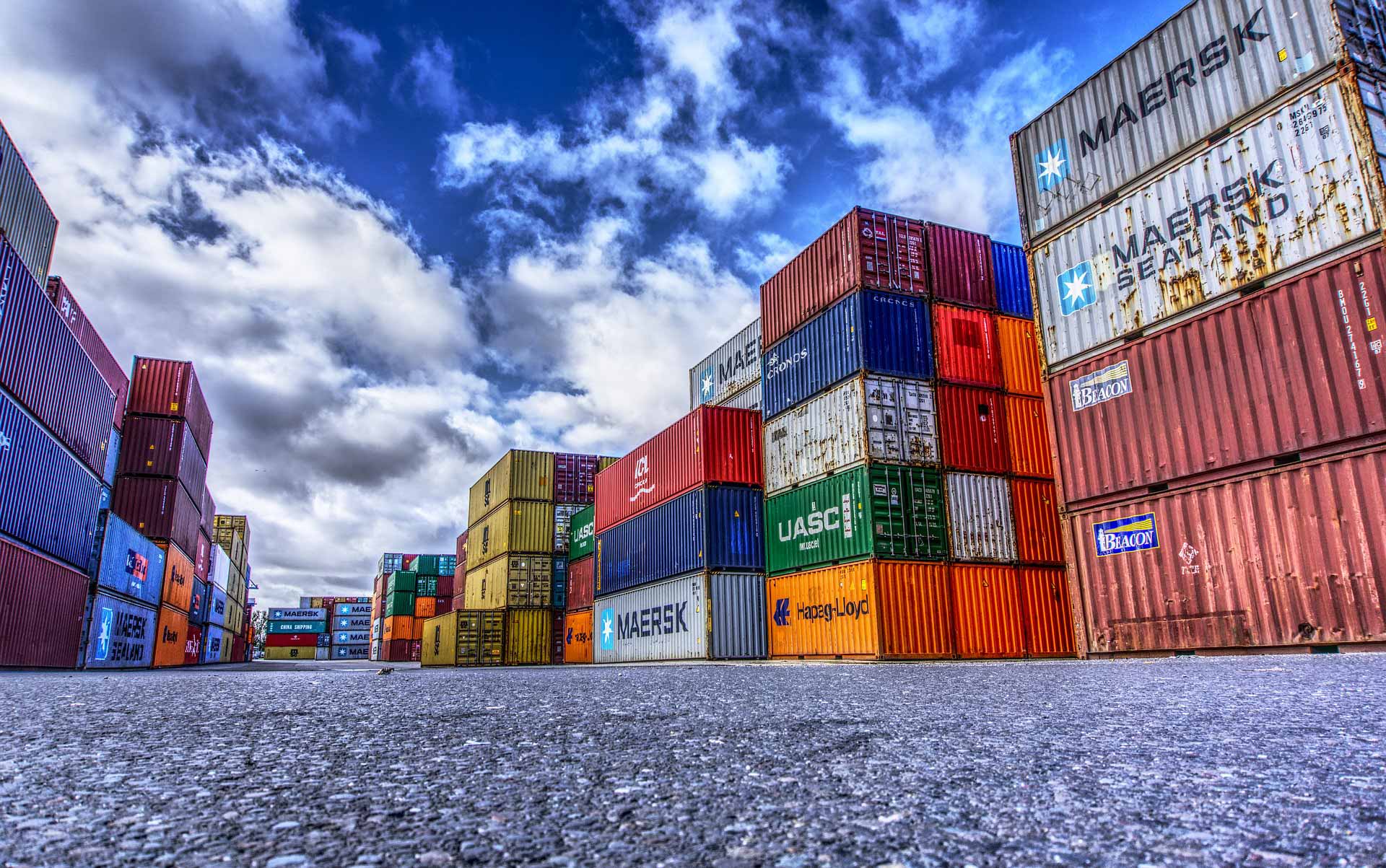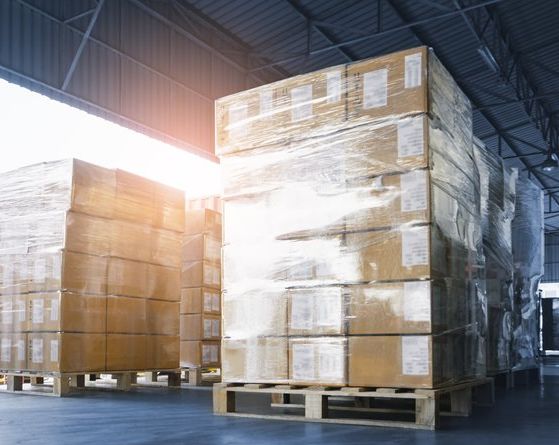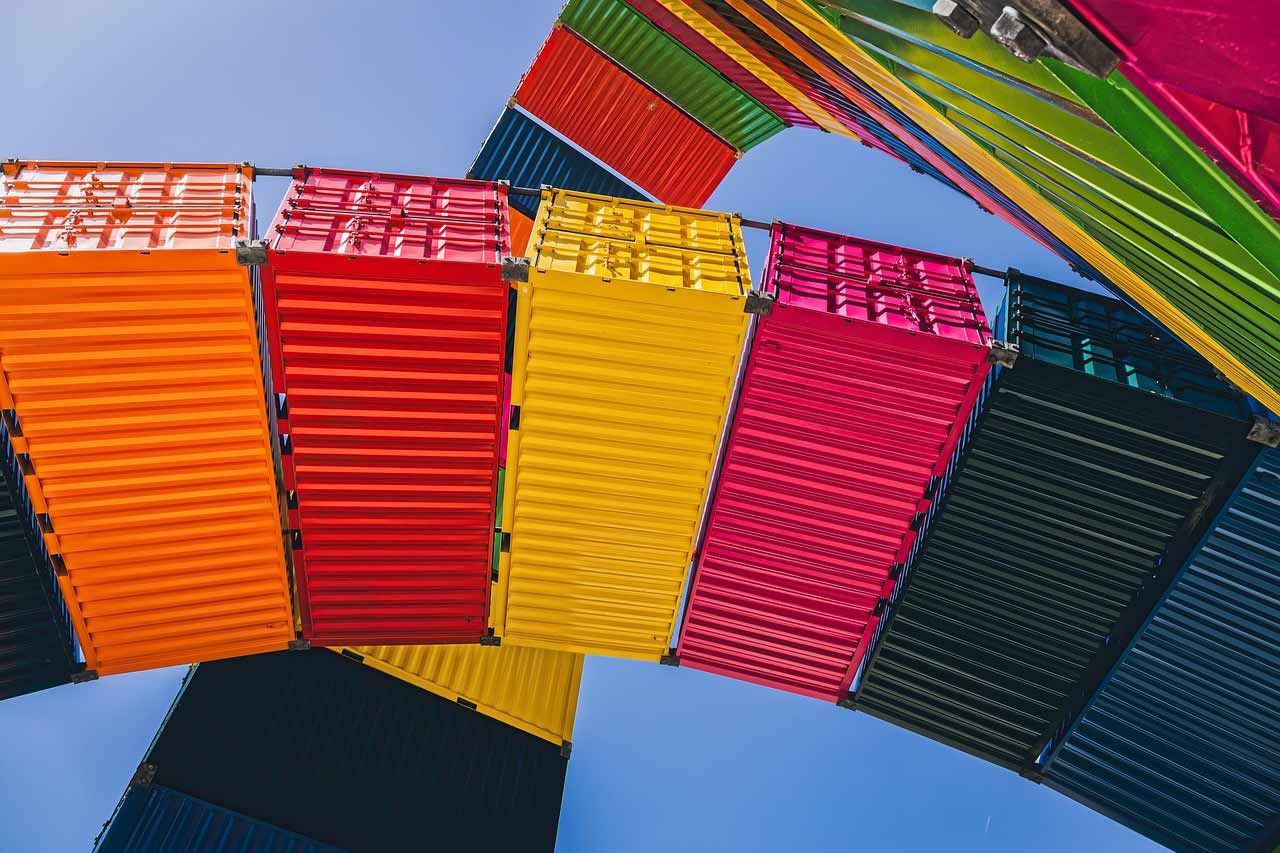Top 4 Most Popular Incoterms
4 Most Popular Incoterms

What are Incoterms?
Incoterms (International Commercial Terms) are a set of standardized terms and definitions that are used in international trade to clearly communicate the responsibilities of buyers and sellers in the transportation and delivery of goods. There are 11 Incoterms in total, and they are divided into two categories: E (for delivery ex works) and F (for delivery free carrier).
Most Popular Incoterms
List of Services
-
EXW (Ex Works)List Item 1
The seller makes the goods available at their premises. The buyer is responsible for all transportation and delivery costs. This Incoterm is often used when the buyer has their own transportation arrangements in place, or when the goods are small and can be easily transported by the buyer.
-
FOB (Free On Board)List Item 2
The seller delivers the goods on board the vessel at the agreed port of shipment. The buyer is responsible for all transportation and delivery costs. This Incoterm is often used when the seller is responsible for the transportation of the goods up to the point of loading onto the vessel, and the buyer takes over responsibility for the goods once they are on board.
-
CIF (Cost, Insurance and FreightList Item 3
The seller delivers the goods on board the vessel at the agreed port of shipment and pays for the cost of transportation and insurance to the agreed port of destination. The buyer is responsible for all other costs, including customs clearance and delivery to their final destination. This Incoterm is often used when the seller is responsible for the transportation of the goods up to the point of arrival at the port of destination, and the buyer takes over responsibility for the goods once they have arrived.
-
FCA (Free Carrier)List Item 4
The seller delivers the goods to the carrier nominated by the buyer at the seller's premises. The buyer is responsible for all transportation and delivery costs. This Incoterm is often used when the buyer has their own transportation arrangements in place, or when the goods are being shipped by land or air rather than by sea.
Important Note for Shippers
It is important for shippers to carefully consider which Incoterm is most appropriate for their specific trade arrangement, as they can have a significant impact on the overall cost and risk involved in the transaction. It is also important to ensure that the Incoterm chosen is clearly communicated to all relevant parties in order to avoid misunderstandings or disputes.
TLI Insights
Get the latest logistics insights and tips from Translogistics’ award-winning team. Stay ahead in transportation planning.
Questions? Email us at marketing@tli.email



